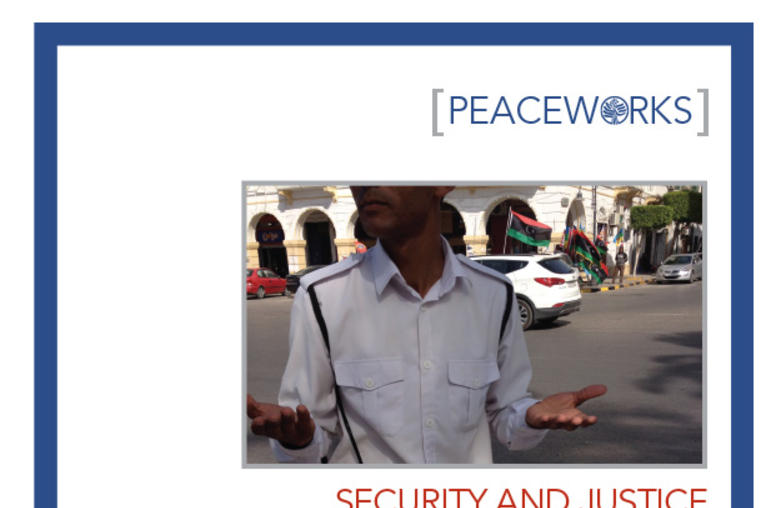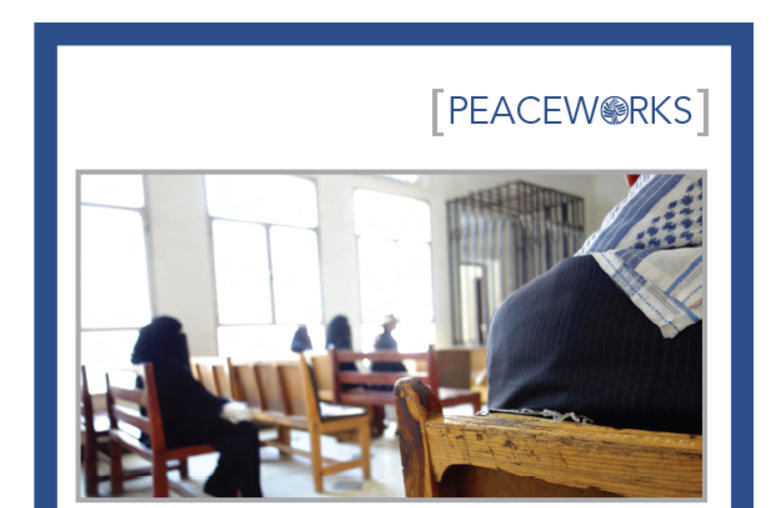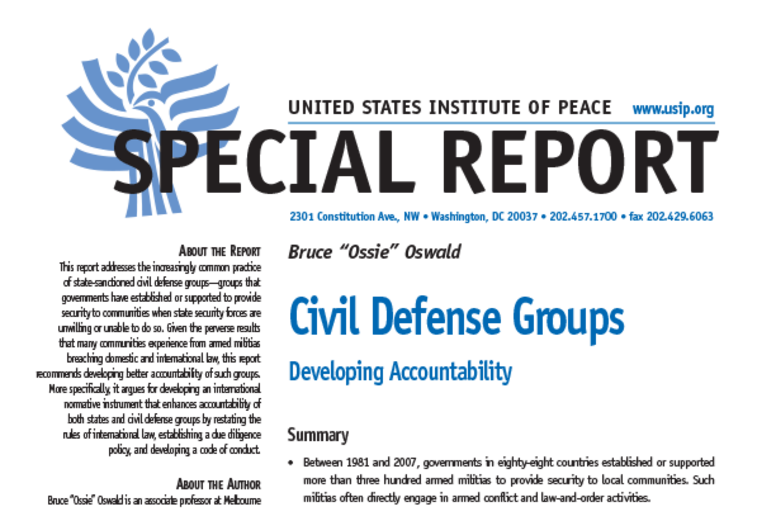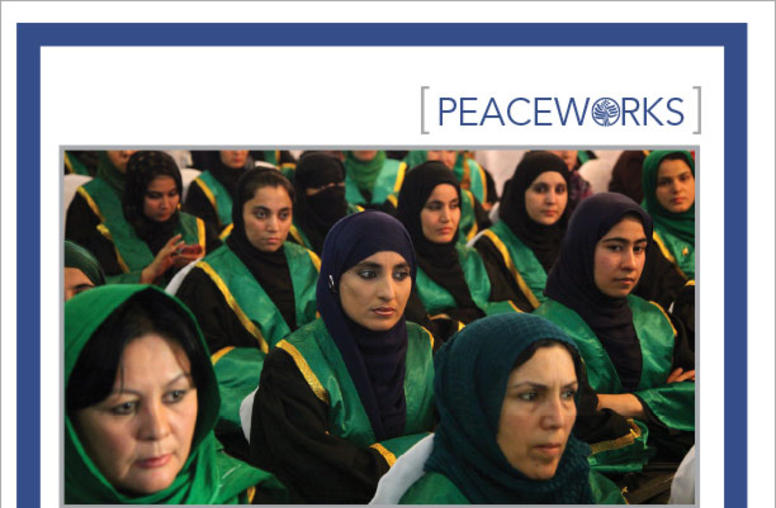Women, Peacebuilding, and Advancing the Rule of Law
Women are an important part of the peacebuilding equation. Too often they are excluded or marginalized in the peace process. Limiting or excluding women in the peacebuilding process not only leaves a critical resource untapped but also hinders a society's recovery. Admission fee is required.
*Attendance fee is required: free for ASIL and participating sponsor organization members; please indicate your organization affiliation when registering. $15 for nonmembers.
Women are an important part of the peacebuilding equation. Too often they are excluded or marginalized in the peace process. Limiting or excluding women in the peacebuilding process not only leaves a critical resource untapped but also hinders a society's recovery. Women can be agents of change, advocates for justice and peace, and leaders in reestablishing rule of law.
Panelists at this event will discuss the critical role of women in peacebuilding as well as comment on the recent UN Security Council report on Resolution 1820 on women, peace, and security.
Speakers
- Melanne Verveer
U.S. Ambassador-at-Large for Global Women's Issues
Co-Founder and former CEO of Vital Voices - Swanee Hunt
Chair of the Institute for Inclusive Security (formerly Women Waging Peace) - Melanne A. Civic, Program Chair and Moderator
Special Advisor to the Center for Complex Operations at the National Defense University, seconded from the U.S. Secretary of State's Office of the Coordinator for Reconstruction and Stabilization
Co-Chair of ASIL's Transitional Justice and Rule of Law Interest Group



